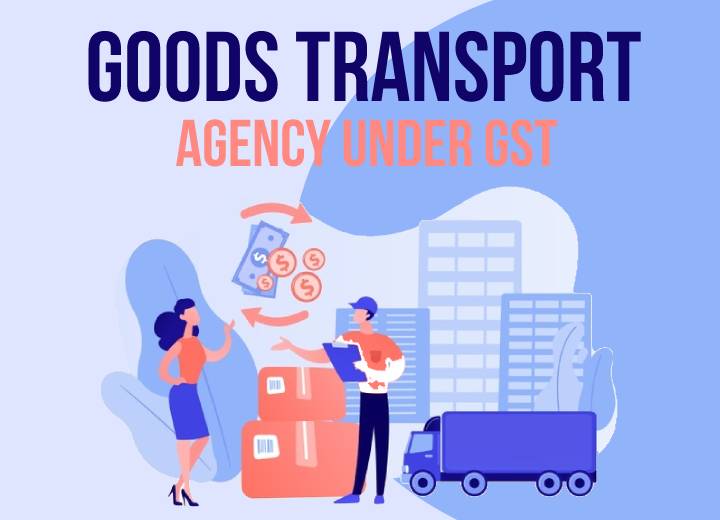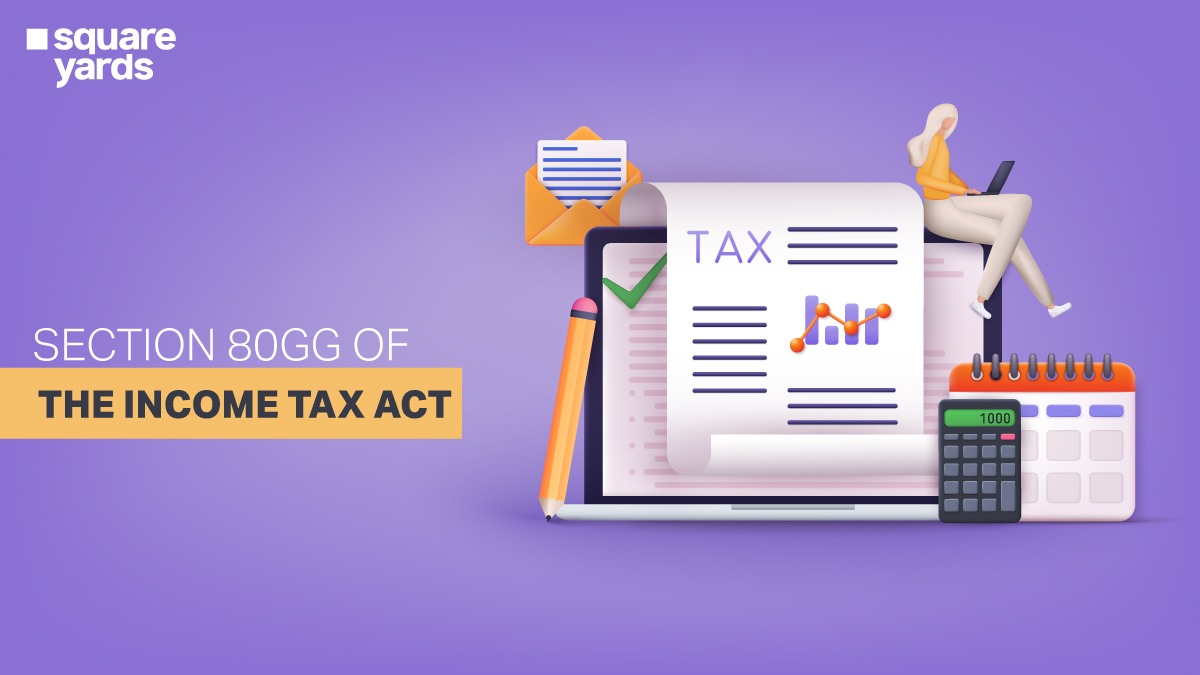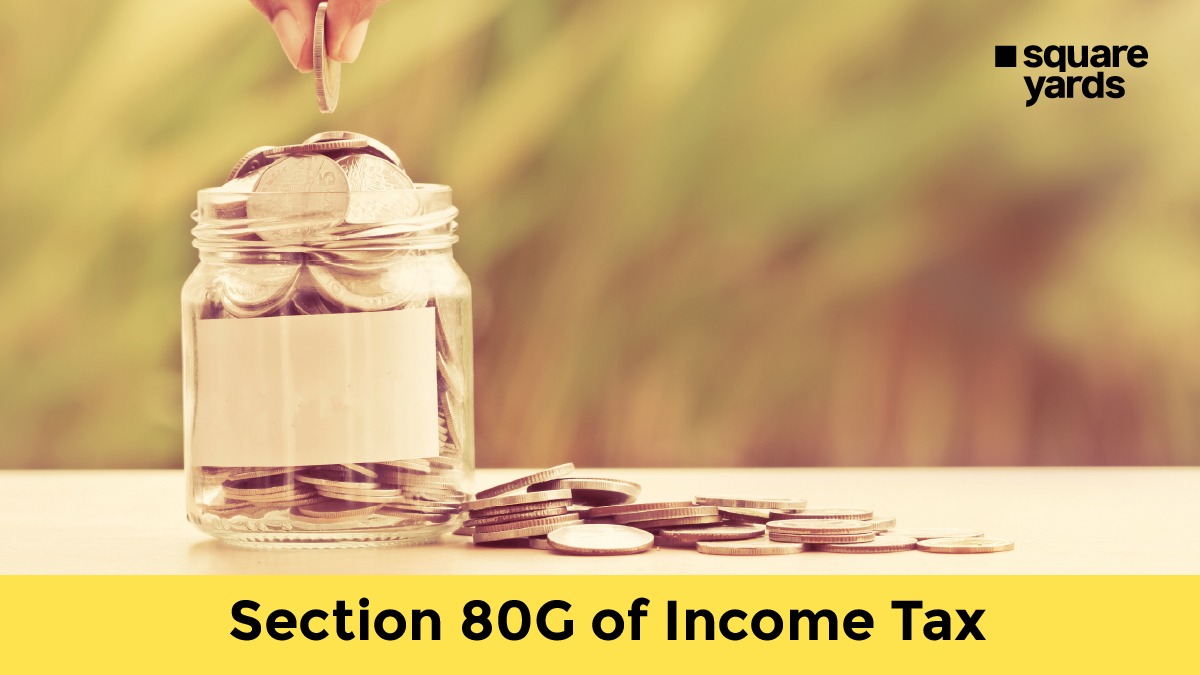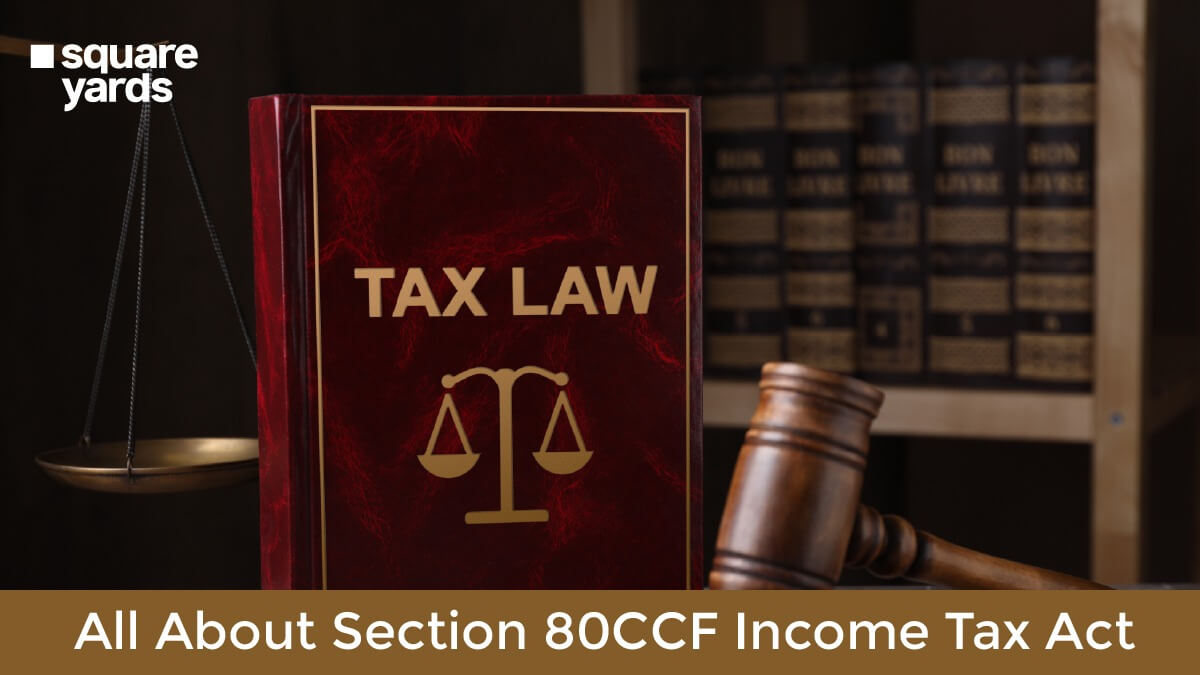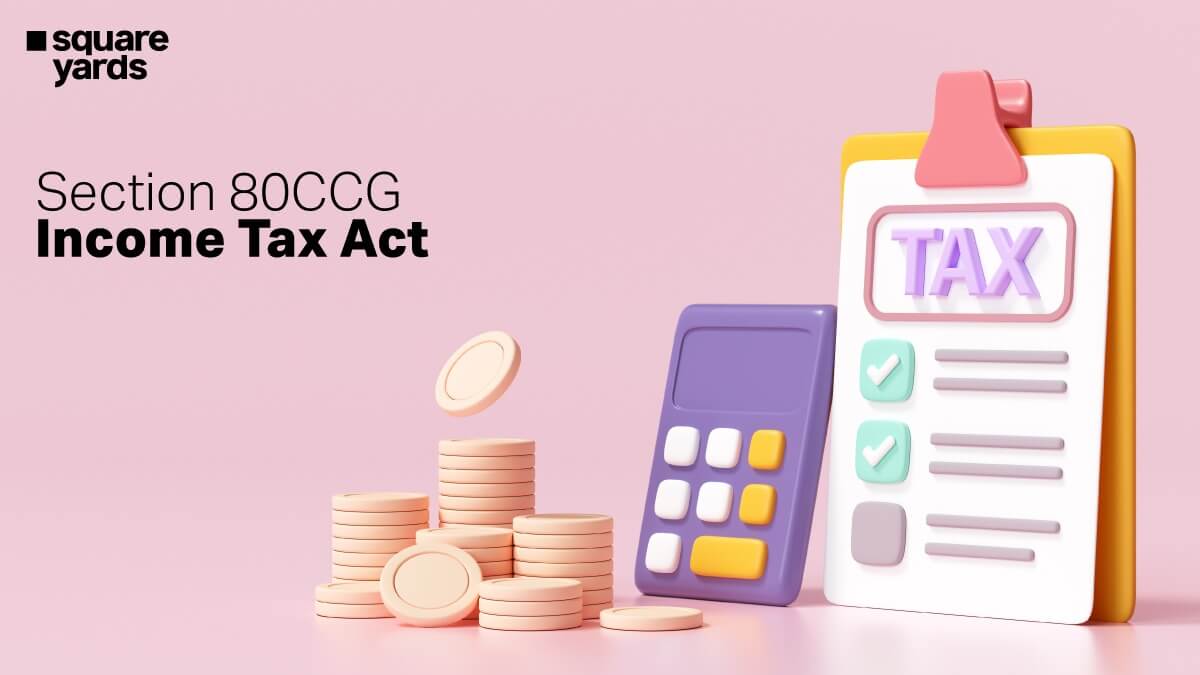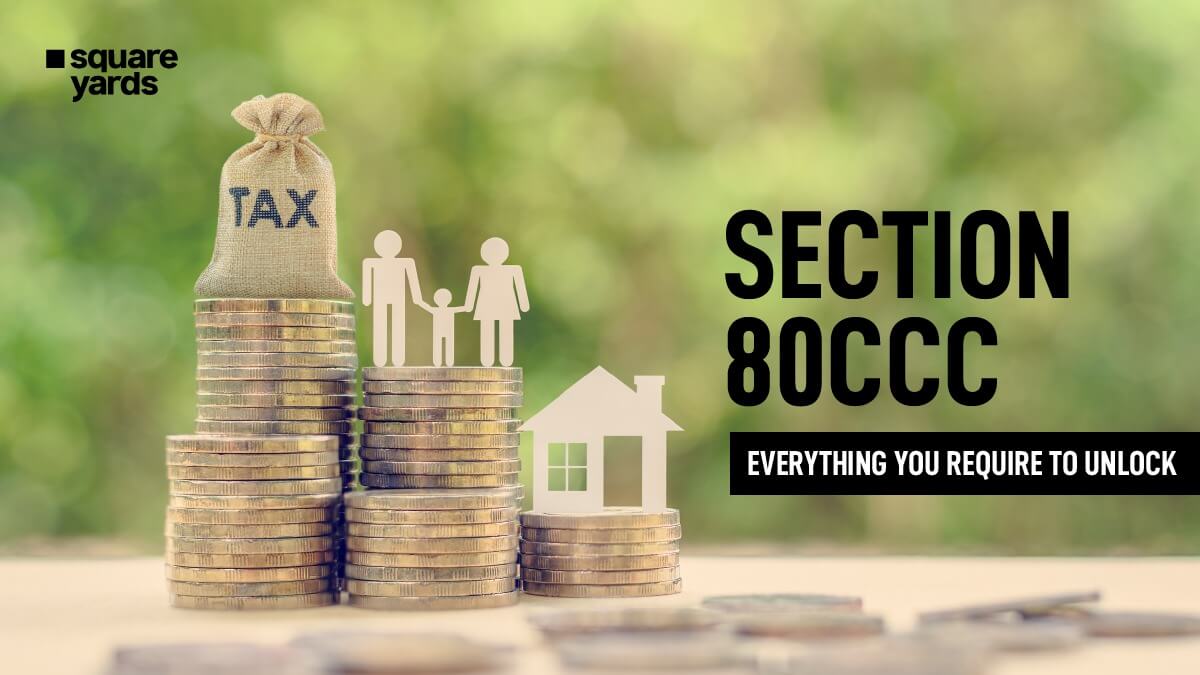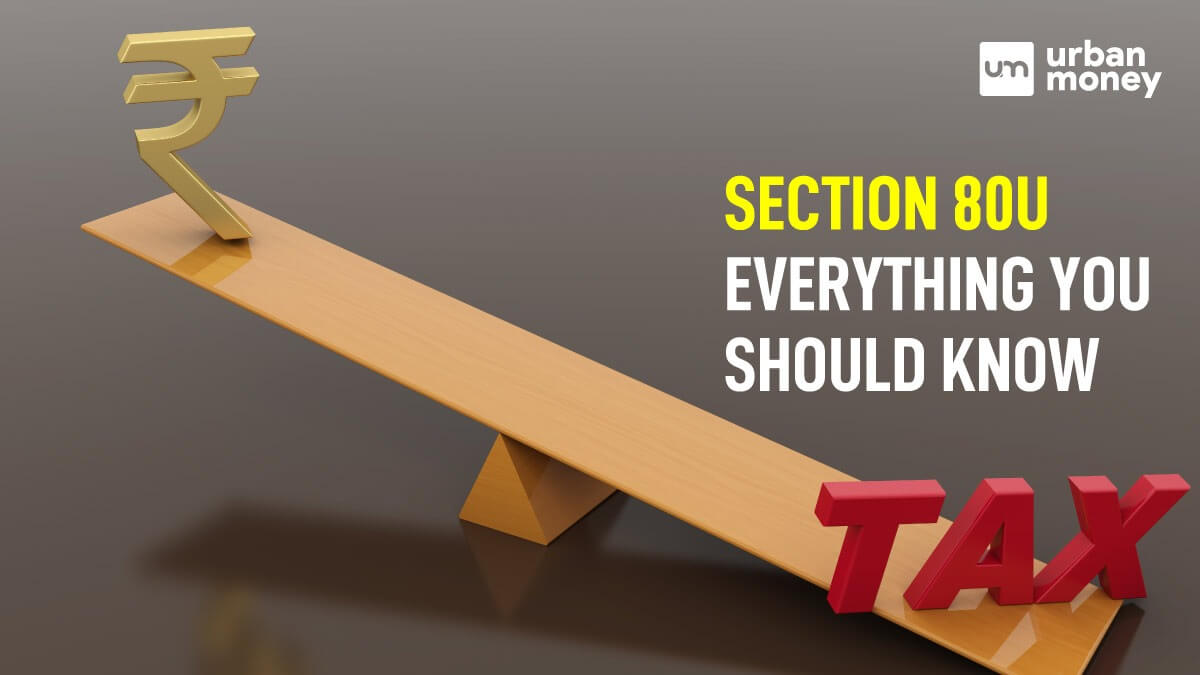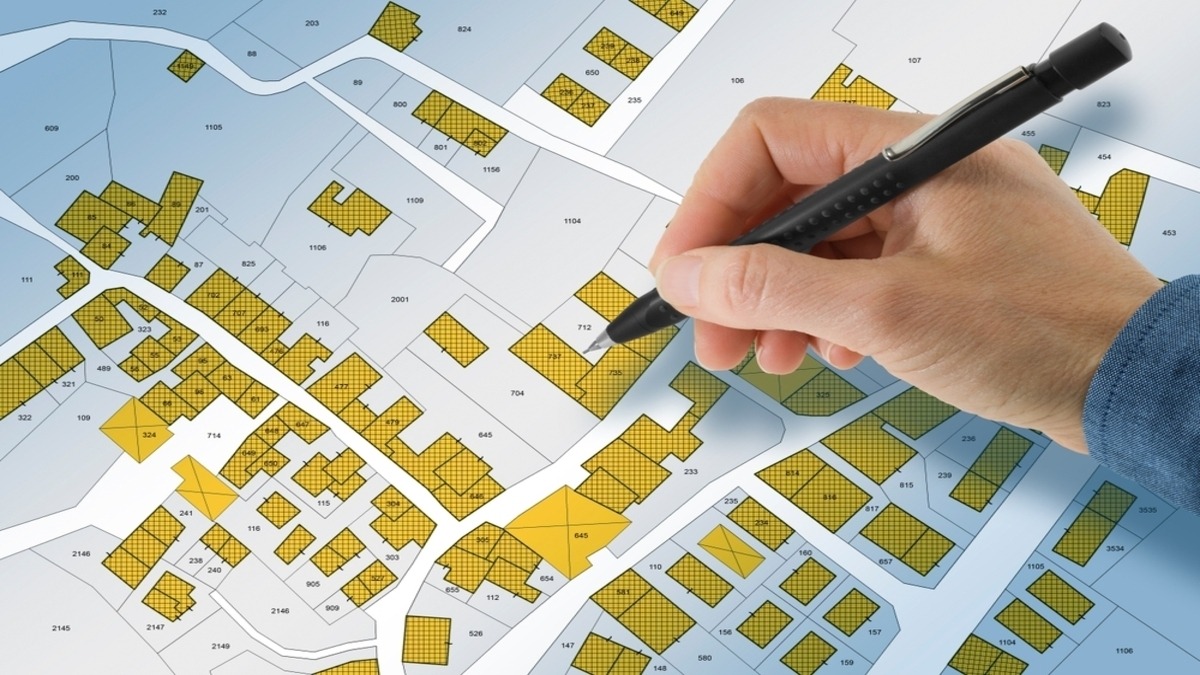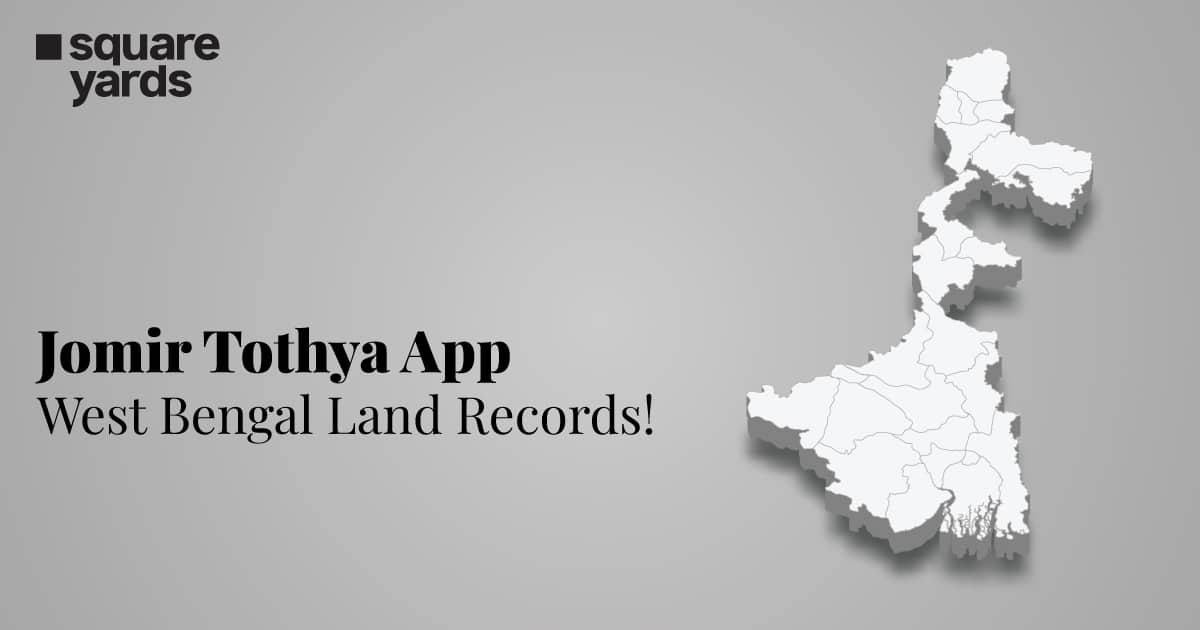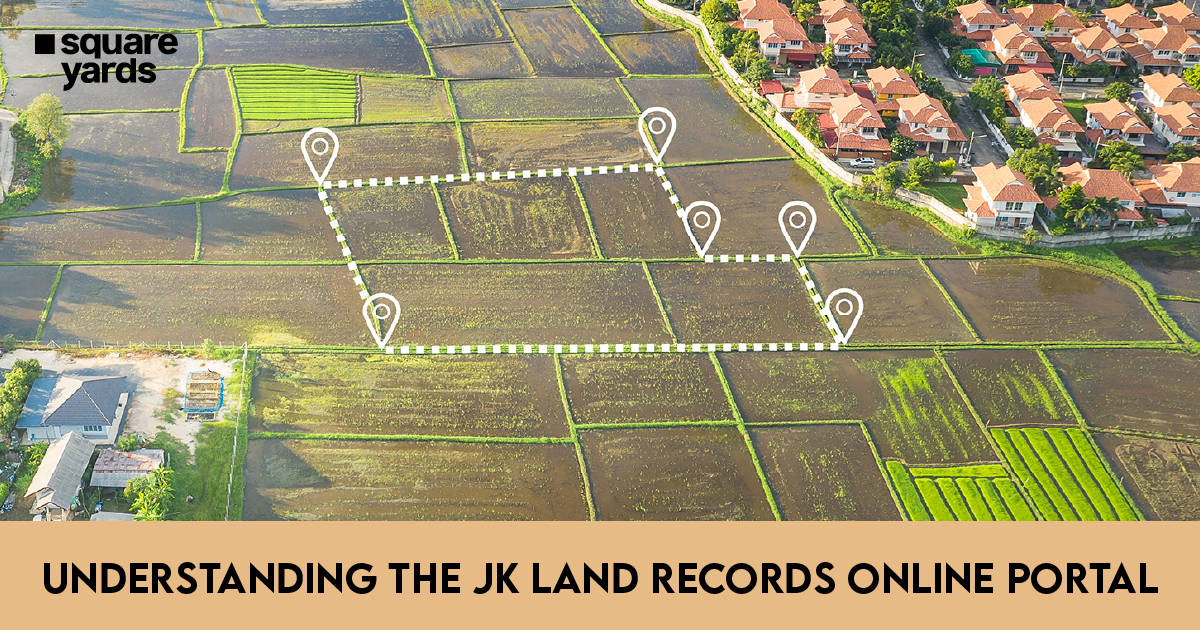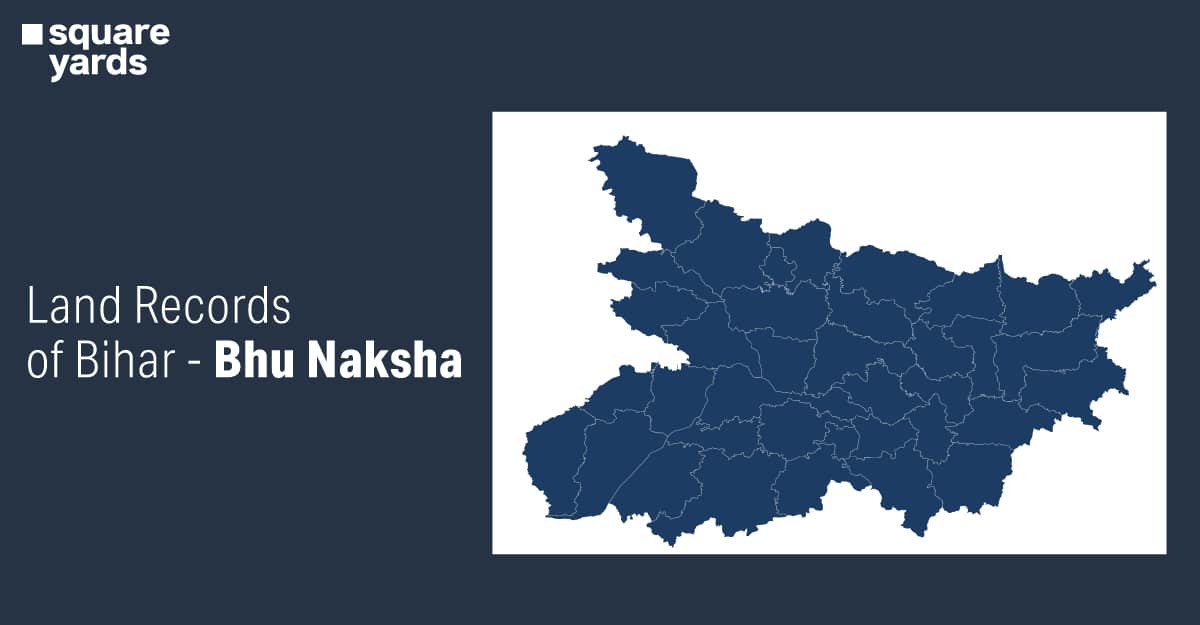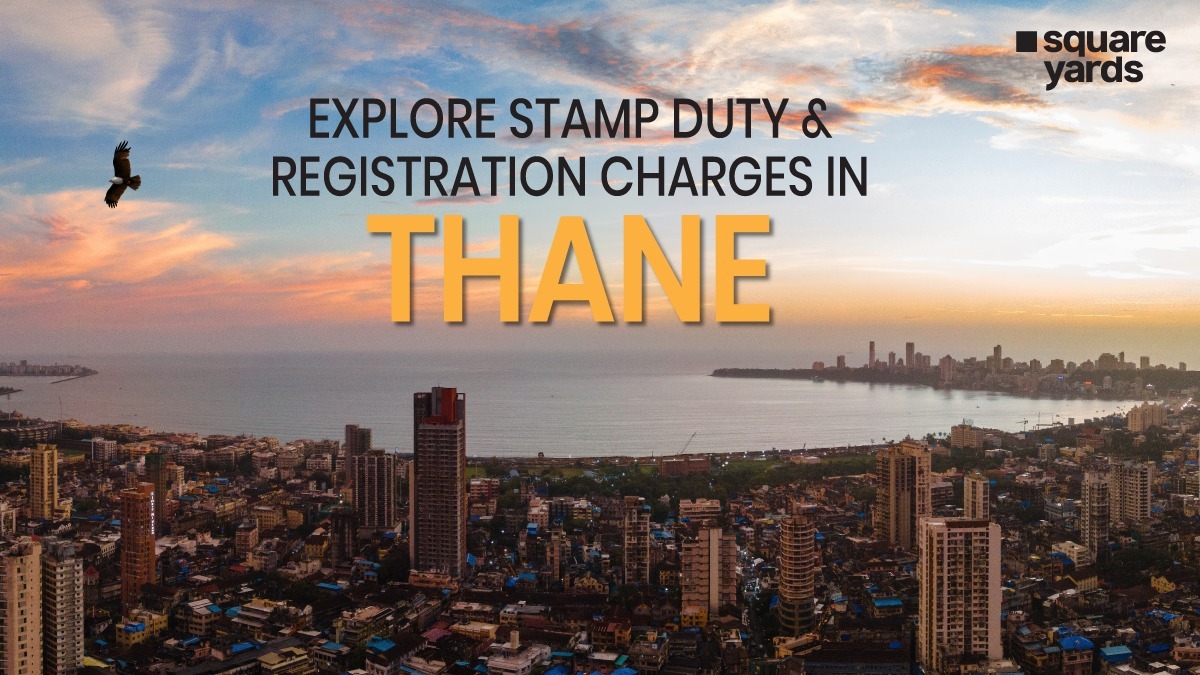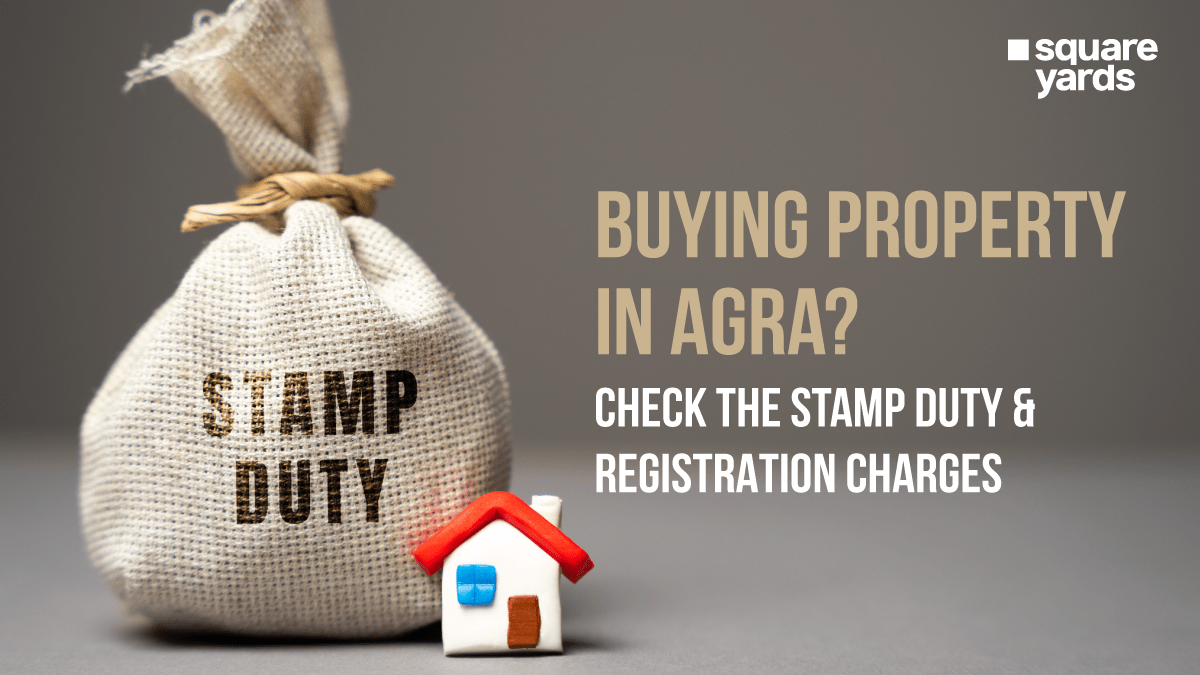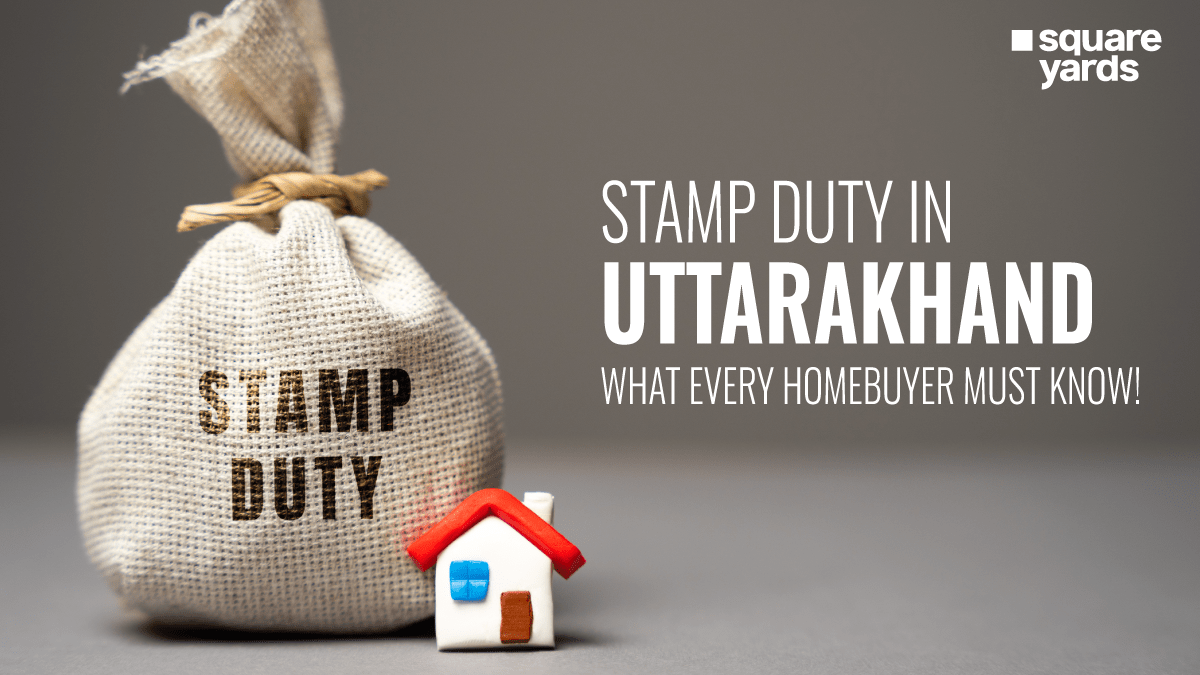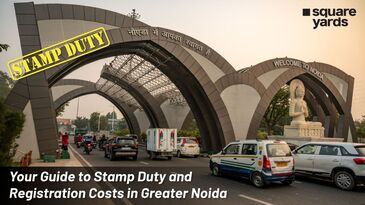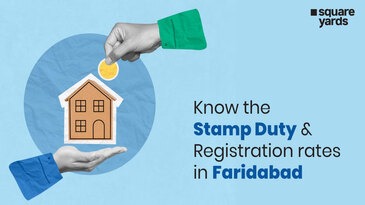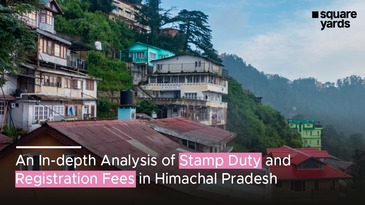Any service agency issuing the consignment note is considered under GTA for transporting goods and providing services in transferring goods from one place to another. Service tax imposed on the transportation services for goods by road faced exemption under the service taxation regime is the GTA (Goods Transport Agency), given the retaliation from the side of the road transporters when the government levied service tax on the operators for goods transportation. The provision for this kind is also carried out under the GST ritual. Also, the goods transportation services by road (excluding services of GTA) are exempted under GST.
In this article, we will be discussing the GTA full form in GST i.e Goods Transport Agency under GST, and several provisions that are linked to a GTA under GST.
Road Transportation of Goods in India
Transportation of goods that are carried out by road is executed either via transporter or with a courier agency. As of now, we are going to talk about the type of transportation of goods that is performed by a transporter.
There can possibly be two kinds of transporter-
- Transport owners
- Goods Transport Agency (GTA)
While GTA is a type of service provider that offers the transportation service for goods through a squadron of vehicles that are provided by others, and the transport owners are those who own the fleet of vehicles.
Therefore it is essential that one knows the contrast between a transport owner and a GTA, given the exemption offered on the services for transportation of goods. Based on that, two types of services are to be exempted from the GST regime-
- By road, excluding the services of a courier agency and a GTA
- By inland waterways
Let’s discuss what exactly GTA is and what it brings to the room.
What is a Goods Transport Agency (GTA)?
As per notification no. 11/2017 of Central Tax dated on 28th June 2017 entails, a GTA or Goods Transport Agency means any individual who offers services related to the transportation of goods through the mode of the road and issues consignment notes along while transferring goods on whatever name. It means that those who issue a consignment note are treated while not everyone might use vehicles for transportation.
What is a Consignment Note?
A Consignment Note is a name for a document/token that is issued by a GTA on procuring goods for the purpose of transportation of such goods via a mode of the road in a goods carriage. A consignment note bears the set of details as mentioned below-
- Name of the consignor
- Name of the consignee
- Registration number of the carriage of the goods via which goods are being transported
- A serial number
- Details of goods that must be transported
- Name of the place of origin
- Name of the place of destination
- A person who is liable to pay the tax that is consignor or consignee or a GTA
Services Provided by a GTA
A GTA is not only about offering of services relevant to the transportation of goods but also ancillary and intermediate services that are provided in the light of the same.
These services are namely-
- To load and unload goods
- To pack and unpack goods
- The trans-shipment of goods
- Temporary warehousing
Therefore, it becomes crucial to note that the services mentioned above do not come to the table in the face of independent practices. They rather are brought in to commence a solid delivery of services under GTA and are counted under the same only.
GST on GTA Services and the Relationship Between the Same
A GTA in GST comes with two options for tax payment under the same These two options are-
- As per the Notification no. 11/2017 (para 1 serial no. 9 (iii)) in Central Tax
GTA rendering services in connection to goods transportation that also consists of used household goods of personal use can pay GST of 5% (with 2.5% CGST and 2.5% SGST) on concerned services. However, in case a GTA opts for this option, it is only up to a condition that the input tax credit imposed on goods and services used during the supply of service has not been incorporated.
- As per the Notification no. 20/2017 in Central Tax-
A GTA can cater services related to the transportation of goods that also consists of used household goods for personal use by making the payment of 12% GST (with 6% CGST and 6% SGST). However, in case a GTA opts for this option, it is only up to a condition that a GTA can fetch the input tax credit imposed on goods and services used during the supply of service that has not been incorporated.
Eligibility of Input Tax Credit- When is it Applicable?
Since there are two options for a GTA to pay GST or GTA in GST plan as mentioned above, they leave it to two scenarios-
1. 5% GST Under RCM Without an Input Tax Credit (ITC)- In case a GTA opts for this option, then the one who will receive goods and/or services will be required to pay GST of 5% under the RCM which is Reverse Charge Mechanism provision which helped in relieving the transporters from tax-payment. Now that the recipient is paying GST in this stance, there will be no entitlement of input tax credit for the GTA on goods and/or services that are used in the supply of any such service to the recipient.
Note that the GTA service recipient who is settling the tax liability has the entitlement to collect input tax credit of the tax amount that has been paid under RCM.
2. 12% GST With an Input Tax Credit (ITC)- The scenario mentioned above led to the GTA missing out on the ITC under RCM because of which the GST Council launched the option of paying GST at a 12% rate with ITC. As per this alternative, a GTA can pay 12% GST under the forward charge and then, make a claim for ITC on the goods and/or services that have been used during the supply of such services and goods to the recipient. On top of that, this scenario also allows the recipient of goods as well as services to avail input tax credit of the GST paid.
Pointers to Note for the Registration of a GTA
- Section 22 (1) under CGST act 2017 specifies that every supplier is liable to be registered under GST in a state or a union territory in case he has an aggregate annual turnover for a financial year that surpasses Rs. 20 lakhs in services.
- Supplier, in this picture, is liable to get registered in a state or a union territory from where he initiates the taxable supply of goods and/or services. The state or union territory of such registration is the one other than the states mentioned in the special category.
- This leaves it to the conclusion that the supplier becomes liable to get registered under GST mandatorily right after the moment an aggregate turnover of a GTA tops Rs. 20 lakhs.
- Another side to this scenario is that the threshold limit of Rs 20 lacs will come down to Rs 10 lacs if a GTA has any business obligations in any state that counts in the special category such as the north-eastern states. Additionally, a GTA can also supply services that are subject to reverse charge in some cases.
- As per the specification under notification no. 5/2017 of Central Tax dated 19th June 2017, any person or GTA who exclusively supplies goods and/or services is not required to exercise registration under GST.
- The tax on these goods and services will be paid by the recipient as per the reverse charge mechanism. This case shall apply even if their aggregate turnover is more than Rs. 20 lakhs annually.
- Besides that, section 23(1) of the CGST Act, 2017 maintains that a person catering the goods and/or services that fall under the full exemption from tax will not be required to have registered under GST.
GST Rates Under GTA
Now you may have a look at the GST rates for GTA that are specified under the services for transportation of different nature-
| Service by a GTA | GST rate |
| Services that include
|
0% |
|
0% |
| Other types of goods | 5% with no Input Tax Credit or 12% with Input Tax Credit |
| Used household goods that are provided for personal use | 0% |
| Transportation of goods of unregistered persons | Not yet notified |
| Transportation of goods of unregistered casual taxable persons | Not yet notified |
| Transportation of goods (GST paid by GTA) | 5% with no Input Tax Credit or 12% with Input Tax Credit |
| Transportation of goods for 7 specified recipients | If GTA Charges 12%, GTA must deposit tax and ITC can be availed. Otherwise, if GTA Charges 5%, RCM applies and the recipient must deposit tax and ITC cannot be availed. |
| Hiring out a vehicle to the GTA | 0% |
Reverse Charge Under GTA
Serial number 1 of para 1 under Notification No. 13/2017 in Central Tax dated 28th June 2017 implies that the businesses listed below shall pay GST under RCM-
- Any factory that is enrolled under or administered by the Factories Act, 1948.
- A society that is listed under the Societies Registration Act of 1860.
- A Society enrolled under any other law in force in a part of India 1948.
- Any co-operative society instituted under or by any law
- Any individual who is enrolled under the CGST (Central Goods and Service Tax) Act or the IGST (Integrated Goods and Services Tax) Act or SGST (the State Goods and Services Tax) Act or the UGST (Union Territory Goods and Services) Tax Act.
- A body corporate that has been authorized under or by any law.
- Any partnership firm irrespective of the factor whether it is instituted or not by or under law.
- Any casual taxable individual who is in a taxable territory.
Who Pays GST Under RCM?
As per Notification no. 13/2017 in Central Tax (Rate), there is a list of a few different services offered by a person that must be paid under RCM charges basis by the one who receives any such service. The recipient is an individual who is liable to pay the haul for the goods transportation carried out by the road in goods carriage, which is in the taxable territory.
Place of Supply in GTA
Section 7 & 8 of the Integrated Goods and Services Tax Act, 2017 maintains inter-state supply as well as the intra-state supply respectively.
- As per section 7 in IGST Act, 2017, an inter-state supply is when the location of the supplier as well as the place of supply appears in two different states or two different UTs or a state and a UT.
- As per section 7 in IGST Act, 2017, an intra-state supply is when the location of the supplier as well as the place of supply appears in the same state or the same UT.
Now that we know what these two types of supplies mean, it is time to know the rules to determine the place where the supply takes place if the transportation of goods is practiced by road by a GTA.
- When the goods are being supplied to a person registered by a GTA, then the location of such the same person will be treated as the place of supply.
- When the goods are being transported to a person who is not registered under GTA, then the location where the goods are to be handed over for transportation will be treated as the place of supply.
- In case the location of the supplier for transportation services and/or the location of the recipient for such services falls outside the country, then the place of supply by a GTA is to be the destination for such goods.
It entails that if any of these categories of individuals get GTA services within a taxable territory, a GTA supplier can go ahead and pay 12% GST. He can even make a claim for full Input Tax Credit on the goods and/or services that can help render the GT services for the recipient.
One important note to make here is that the recipient of goods and/or services will be liable to pay GST under the RCM basis if the GTA does not have this option. However, if the recipient is not from any of the categories given above then a GTA will be liable to pay GST.
Furthermore, the GST Council injected a new clause named 21A through Notification No. 32/2017 in Central Tax (Rate) dated 13-10-2017 as per which the services brought forth by a GTA to an individual who is not registered (it also includes the unregistered casual individual) will be exempted from GST.
YOU MAY ALSO LIKE
Frequently Asked Questions (FAQ’s)
Who pays GST under Reverse Charge?
Notification no. 13/2017 in Central Tax (Rate) implies that there are a number of varying services that are offered by a person that is to be paid as per the RCM basis by the one who receives such services. The recipient in this scenario refers to the individual who has to pay the haul for the goods transportation carried out by the road in goods carriage, which is located in the taxable territory.
Is GTA exempt from GST?
Services that are provided by a GTA are to be taxable under GST. Services of goods transportation by anyone other than GTA are exempt in this case. In any scenario where GTA service is provided by individuals other than those who are specified, the GTA service supplier is the one who is liable to pay GST.
Who can generate an e-way bill?
Following can generate an e-way bill-
- The recipient can generate the e-way bill on the portal
- The transporter can generate this bill in case of Ship, Air or Railway
- Any transporter that is transferring goods from one way to another in the span of transit can, (prior to such transfer and movement of goods) update the information related to the conveyance in the e-way bill on the portal


